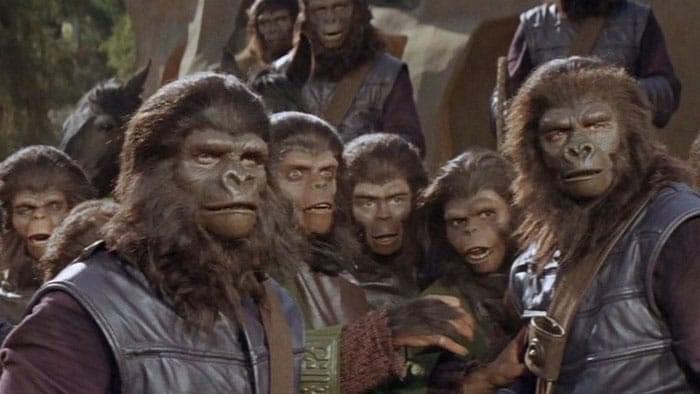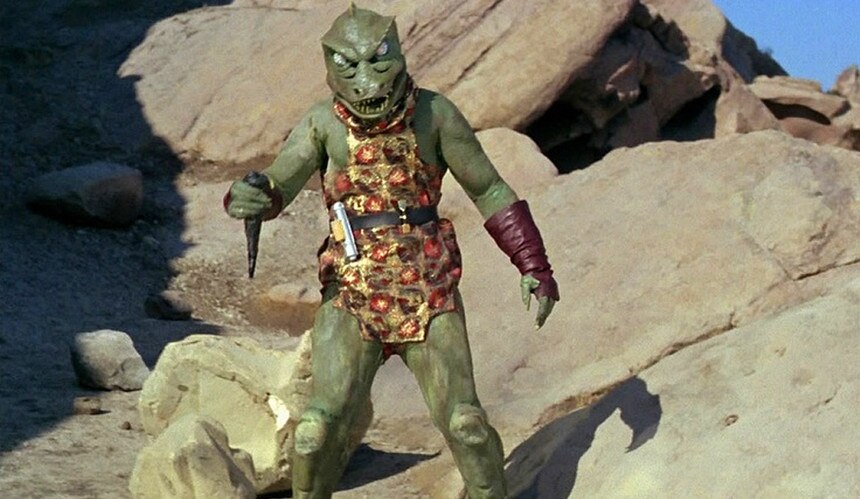General Discussion
Related: Editorials & Other Articles, Issue Forums, Alliance Forums, Region ForumsIf WHO says there may not be immunity from being infected, doesn't that mean a vaccine won't work?
"There is no evidence yet that people who have had Covid-19 will not get a second infection," WHO said in a scientific brief published Friday. . . .
Dr. Mary Hayden, spokesperson for [the Infectious Diseases Society of America] and chief of the Division of Infectious Diseases at Rush University Medical Center, said, "We do not know whether or not patients who have these antibodies are still at risk of reinfection with Covid-19. At this point, I think we have to assume that they could be at risk of reinfection."
"We don't know even if the antibodies are protective, what degree of protection they provide, so it could be complete, it could be partial, or how long the antibodies last," Hayden added, "We know that antibody responses wane over time."
https://www.cnn.com/2020/04/25/us/who-immunity-antibodies-covid-19/index.html
But remember, vaccines work by tricking the body into thinking that it's contracted the disease and, thus, causing the body to make antibodies against it.
If antibodies aren't protective, then it doesn't matter if they come from having actually had COVID or from a COVID vaccine.
Food for thought.
The Magistrate
(95,248 posts)They are saying the matter is not proved one way or the other, that there is not sufficient evidence yet to reach a conclusion. Unlike talk-show hosts and teevee doctors and half-bright political figures, scientists do not make pronouncements in advance of sound evidence and proven theories.
wackadoo wabbit
(1,167 posts). . . of the length available).
In my post, I did include the actual quotes from WHO and Hayden.
The Magistrate
(95,248 posts)I apologize for expressing myself poorly if I conveyed that impression. I simply wished to summarize the material you presented.
Be well, and stay safe.
USALiberal
(10,877 posts)Iliyah
(25,111 posts)may sort work, maybe . . .
JCMach1
(27,559 posts)In that scenario... Think Shingles vaccine
Calculating
(2,955 posts)Something like HIV is an example of a virus without immunity. Once you get it you have it for life.
totodeinhere
(13,058 posts)possibility of developing some kind of vaccine for HIV. But if there is no vaccine for covid-19 then developing therapeutics would be the next best option.
LonePirate
(13,426 posts)Think of it like Influenza-A and Influenza-B. Many people receive annual flu vaccines for both types. However, a new strain of either one can make the vaccine less effective, sometimes massively so. I'm guessing that will be the case with this virus.
DFW
(54,411 posts)If this virus has 18 different mutations by the time the first vaccine is widely available, how do we go about protecting ourselves from the other 17 versions out there? If someone is diagnosed as immune to one variant but is not immune to any of the others, we aren't even at stage one yet of bringing this thing under control.
Hoyt
(54,770 posts)of immunity, but WHO is correct that there is no proof of that right now.
But if it turns out there is no, or short, immunity, you’d be right that a vaccine would be questionable.
Maybe we all will be wearing Hazmat suits before it’s over.
totodeinhere
(13,058 posts)But if it turns out that there will be no vaccine, that is very scary. That would leave us only with the possibility of developing effective therapeutics.
No vaccine could mean that our planet will never return to the way of life we had prior to the outbreak of this pandemic. It could mean millions dead and millions more facing financial ruin.
Calculating
(2,955 posts)Those who are vulnerable will die, and those who are asymptomatic or lightly impacted will live on. Not a good scenario at all as it would mean we've basically put in all this effort for nothing. All we're doing right now is buying time for a vaccine. Without a vaccine we basically have two options: Social distancing forever or get on with life and let the vulnerable die.
totodeinhere
(13,058 posts)consequences of contracting the virus. People who originally had mild symptoms could go on to more severe consequences later, perhaps even years later. And if there is no immunity then people who had mild or no symptoms the first time might not be so lucky the second time.
Calculating
(2,955 posts)Lovely to think about
jberryhill
(62,444 posts)First off, it is primarily fatal past reproductive age.
Secondly, there is always some genetic variability to this sort of thing. Over generations, less vulnerable populations emerge. Nobody ended up with a vaccine for the Black Death, for example. A better example is that Europeans weren’t immune to smallpox. But generations of living with the livestock with whom Europeans shared various pathogens over generations made them relatively less vulnerable than Native Americans, for whole it was an apocalypse level event.
totodeinhere
(13,058 posts)for some time to come. As I said, we don't know very much about it yet. Yes, so far people above the reproductive age are most vulnerable. But we do not know how this will play out in the future. Perhaps younger people will become more susceptible to it as time passes. We don't know yet.
thesquanderer
(11,990 posts)That can be true, but your other premise, "it is primarily fatal past reproductive age," tends to work against that. Less vulnerable populations emerge because the more vulnerable populations do not as successfully reproduce. But if it kills primarily after reproductive age, that is no longer a factor.
jberryhill
(62,444 posts)Human offspring remain with their parents and benefit from the success of their parents well past their initial reproductive age. So, there is a substantial effect of intergenerational stability on human outcomes.
thesquanderer
(11,990 posts)...because their parents did not live long enough to fully raise them has been rather small for quite some millenia now. Humans are generally good about taking care of children left behind. "It takes a village..."
thesquanderer
(11,990 posts)usedtobedemgurl
(1,139 posts)They said something you need to be aware of, also with coronaviruses is sometime the vaccine will make you more susceptible to getting it.
Silent3
(15,235 posts)...you have to be patient with the development of vaccines. It takes time to be reasonably assured that the vaccine you develop isn't counter-productive like that.
LonePirate
(13,426 posts)The virus mutates too quickly which likely prevents a one-time vaccine from being 100% effective. Also, the corona virus family is home to the common cold. We have never had a vaccine for it.
Silent3
(15,235 posts)...but I thought I remembered hearing that, at least compared to the flu at least, COVID-19 wasn't something that mutated particularly quickly.
Edit: Link below, from April 6:
https://www.livescience.com/coronavirus-mutation-rate.html
LonePirate
(13,426 posts)DrToast
(6,414 posts)The immunity for most coronaviruses is temporary. But if we develop a vaccine, it could be something we may need to take every so often to ensure we have continued antibodies in our system.
Silent3
(15,235 posts)There's a broad spectrum of possible outcomes, where getting the disease once and being forever immune thereafter is the best case, and having nearly no resultant immunity is the worst case.
(The reason I say "nearly" is that, if you survive the virus at all, by definition you must have at least some degree of immunity that's good enough to carry you through the time it takes to purge all of the virus already in your body from your initial infection.)
In-between cases involve short-term complete immunity which fades over time, or perhaps being better protected from the worst of the diseases symptoms if you contract the disease again.
If the disease works like one of those in-between cases, then a vaccine could still offer some protection, it just might need to be taken more frequently, and/or it might protect you from the worst of the effects of the disease without making you totally immune to it.
WePurrsevere
(24,259 posts)hoping like crazy that we find a science backed fast efficient and inexpensive treatment/cure so people who do get it can recover with little or no after effects.
Dem2
(8,168 posts)They have shown a lasting immunity from both getting the virus, and from at least one vaccine. Obviously this may not apply to humans and they don't know if the immunity is lasting.
jberryhill
(62,444 posts)
JustABozoOnThisBus
(23,350 posts)
stopbush
(24,396 posts)I would assume it will be about the same % of Americans getting a COVID shot if a COVID vaccine emerges.
So much for herd immunity.
thesquanderer
(11,990 posts)stopbush
(24,396 posts)Wounded Bear
(58,670 posts)Plasma transfusions have appeared to help arrest the virus in many patients. That would indicate that there are effective antibodies and that the body can be 'conditioned' to produce them.
Not definitive proof yet, but a lot of areas seem to be going all in on it.
Dem2
(8,168 posts)All politics aside, even an introvert like myself is getting weary.